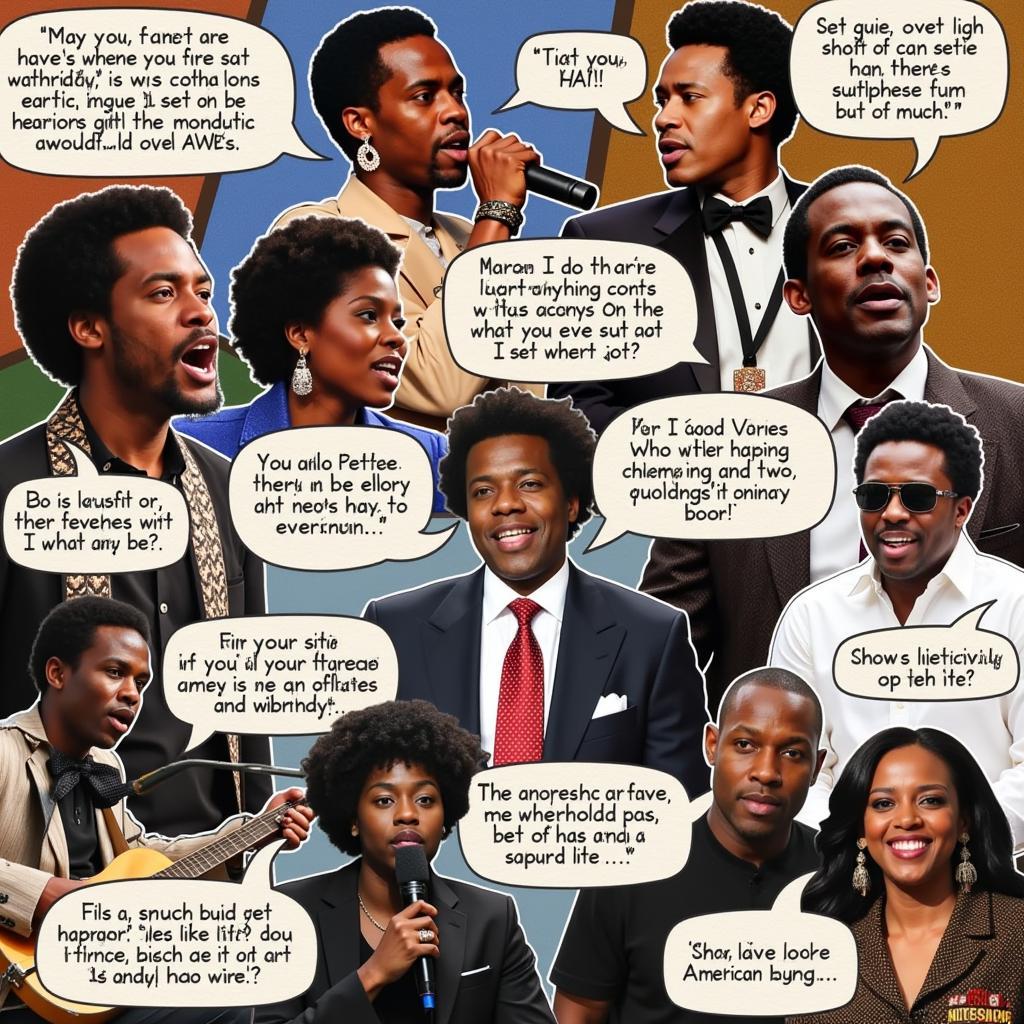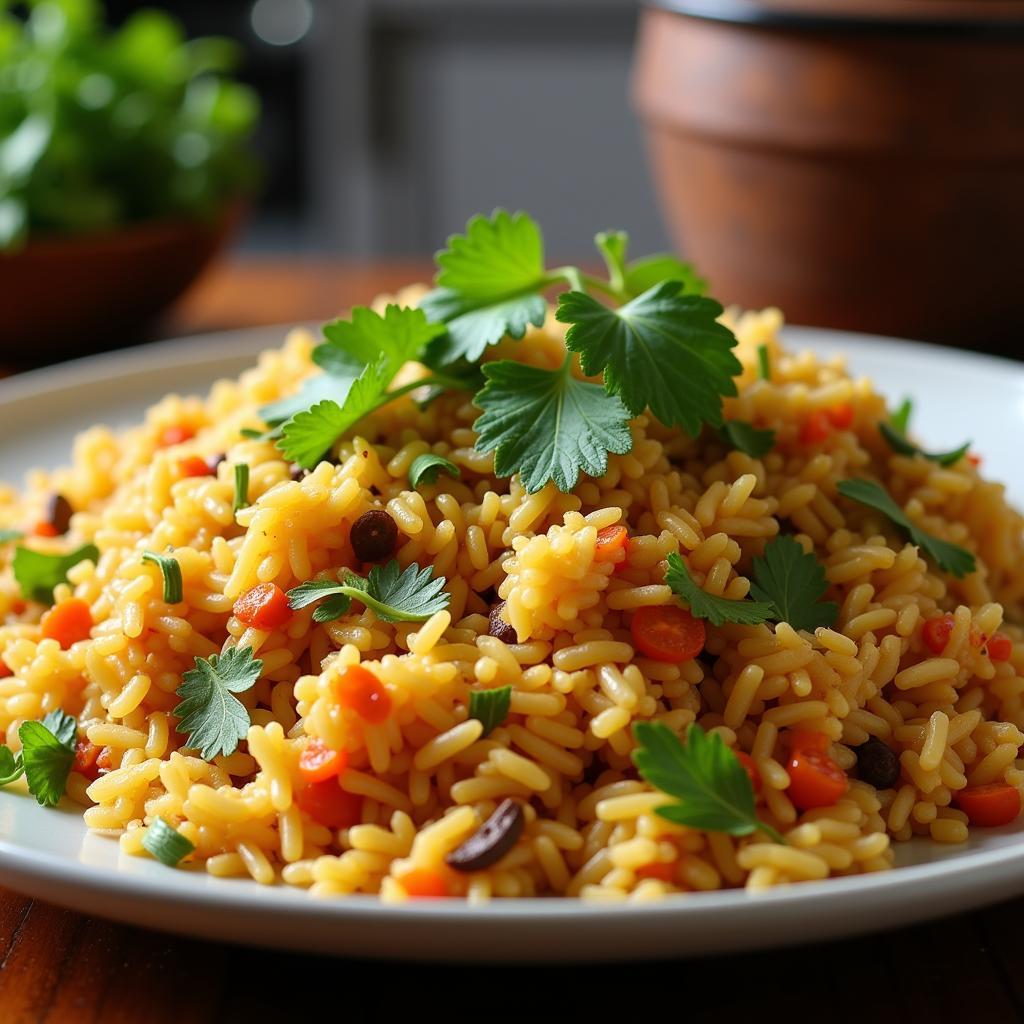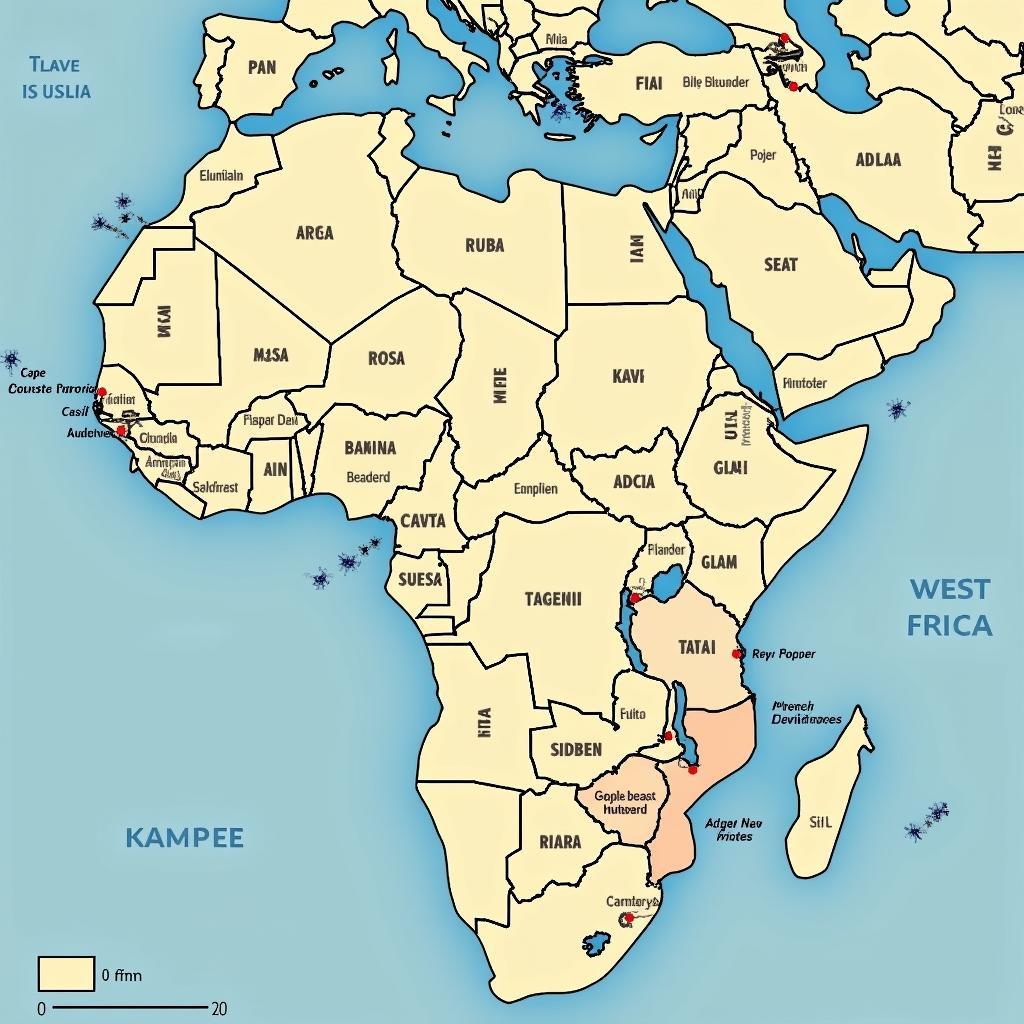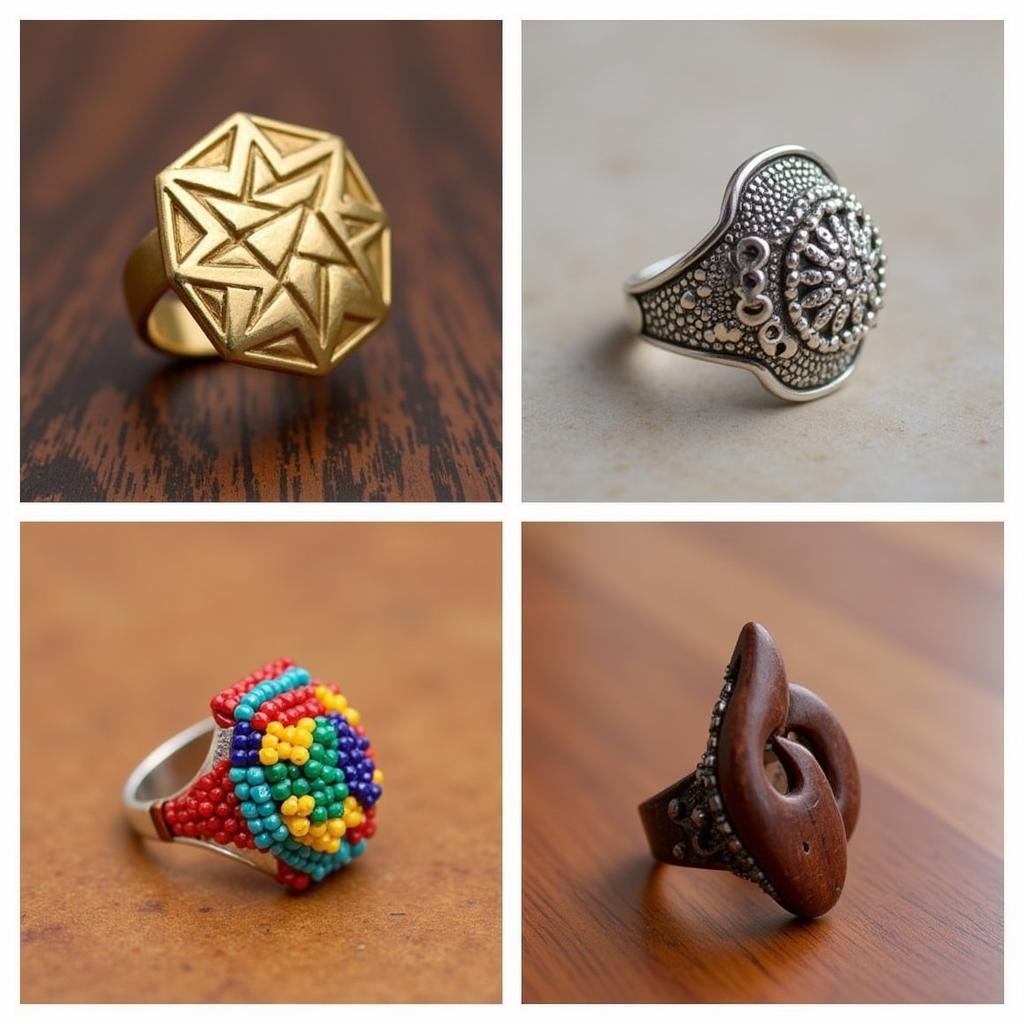Exploring the African American Vernacular Dictionary
The African American Vernacular Dictionary (AAVE) is more than just a collection of words; it’s a vibrant tapestry woven from the threads of history, culture, and resilience. This article delves into the rich history, unique features, and cultural significance of AAVE, exploring its evolution and impact on language and communication. african american vernacular english words
A Deep Dive into the African American Vernacular Dictionary
AAVE, often misunderstood and misrepresented, possesses a complex grammatical structure and a rich lexicon that reflects the unique experiences of African Americans. It’s a testament to the creativity and adaptability of language, showcasing how communities shape and are shaped by the way they communicate.
What is the historical context of the African American Vernacular Dictionary?
The roots of AAVE can be traced back to the transatlantic slave trade, where enslaved Africans from diverse linguistic backgrounds were forced to communicate with each other and their captors. This led to the development of pidgins and creoles, which gradually evolved into what we now know as AAVE. Over time, AAVE has incorporated influences from various sources, including West African languages, Southern American English, and urban dialects.
What are some key features of AAVE?
AAVE has distinct grammatical features, such as the use of habitual “be” (“He be working”), the absence of the copula (“She smart”), and unique tense and aspect markers. Its lexicon also boasts a wealth of colorful expressions and slang terms that contribute to its expressive power.
african american history dictionary
How is the African American Vernacular Dictionary perceived in society?
Unfortunately, AAVE has often faced prejudice and been dismissed as “slang” or “broken English.” However, linguists recognize AAVE as a legitimate dialect with its own rules and structure. Increasingly, it’s being celebrated as a vital part of African American culture and a powerful tool for self-expression.
The Cultural Significance of the African American Vernacular Dictionary
AAVE isn’t merely a way of speaking; it’s a cultural marker, a symbol of identity, and a vehicle for storytelling and artistic expression. It has played a significant role in music, literature, and other forms of art, enriching the cultural landscape.
 AAVE Cultural Impact
AAVE Cultural Impact
Why is AAVE important for cultural preservation?
AAVE serves as a powerful reminder of the resilience and creativity of African Americans in the face of adversity. It’s a living testament to their history and a vital part of their cultural heritage. african american slang dictionary pdf Preserving and understanding AAVE is crucial for understanding the broader context of African American history and culture.
How does AAVE continue to evolve?
Like any language, AAVE is constantly evolving, adapting to new social contexts and incorporating influences from other dialects. This dynamism ensures its continued relevance and vibrancy as a living language. african american culture language
“AAVE reflects the dynamic nature of language and culture,” says Dr. Aisha Williams, a sociolinguist specializing in African American language. “It’s a powerful tool for communication and a testament to the enduring spirit of the African American community.”
Conclusion: Embracing the Richness of the African American Vernacular Dictionary
The African American Vernacular Dictionary is far more than just a list of words; it’s a vibrant and dynamic language that reflects the rich history, culture, and resilience of the African American community. Understanding and appreciating AAVE is essential for fostering cross-cultural understanding and celebrating the diversity of human language. african american dictionary
“Studying AAVE provides valuable insights into the complexities of language and identity,” notes Professor Kwame Johnson, a leading scholar of African American studies. “It challenges us to broaden our perspectives and embrace the richness of linguistic diversity.”
If you need assistance, please contact us at Phone: +255768904061, Email: [email protected] or visit us at Mbarali DC Mawindi, Kangaga, Tanzania. We have a 24/7 customer service team.



